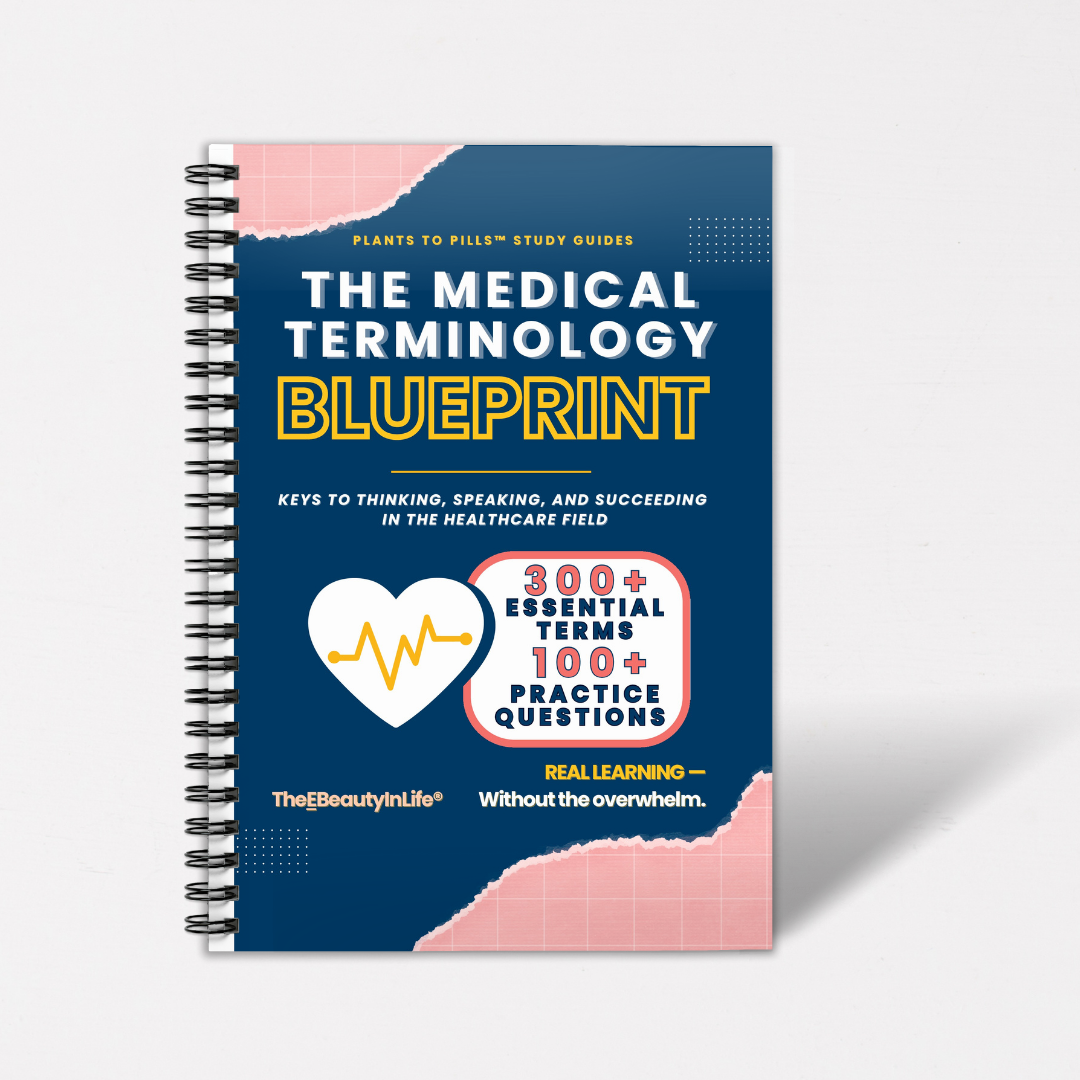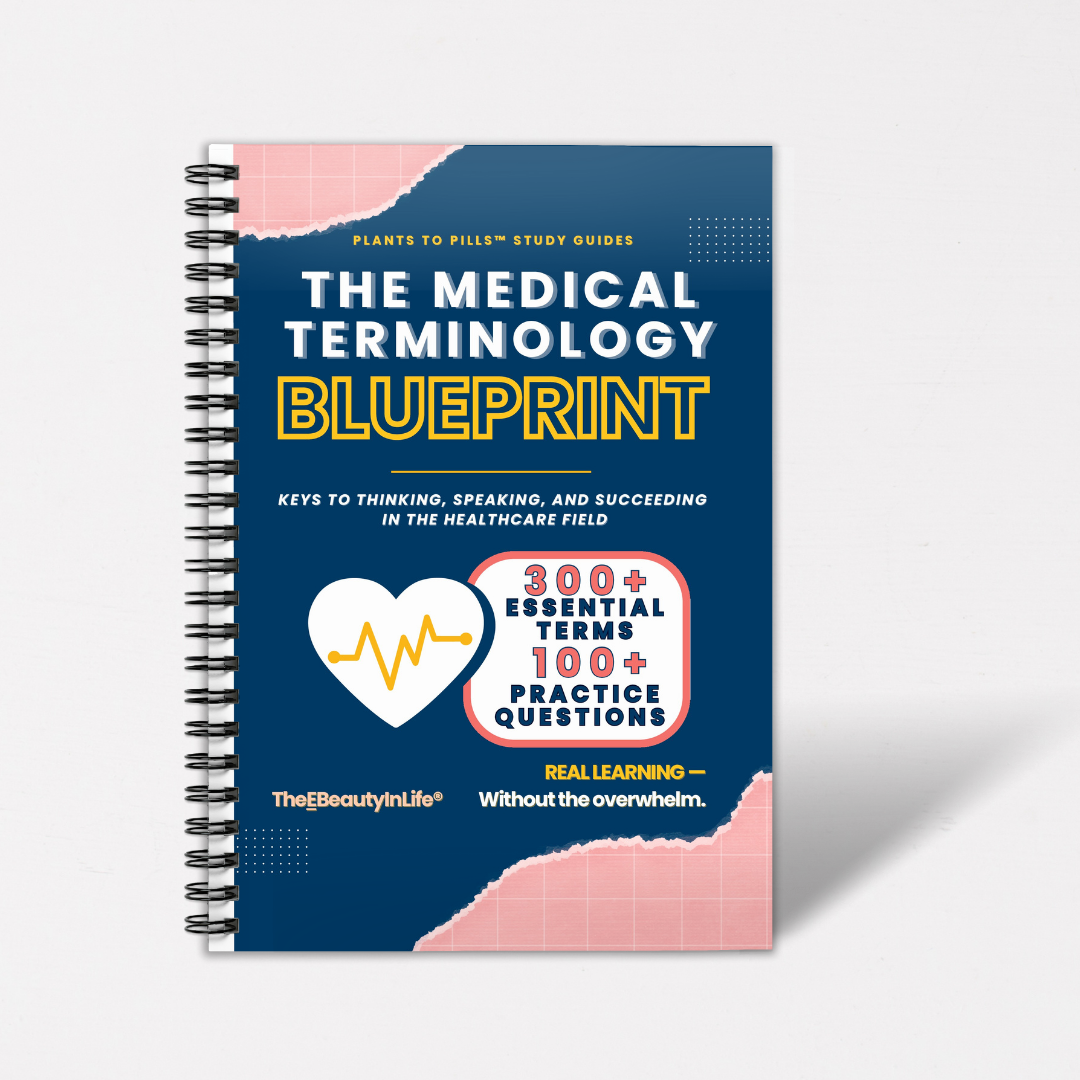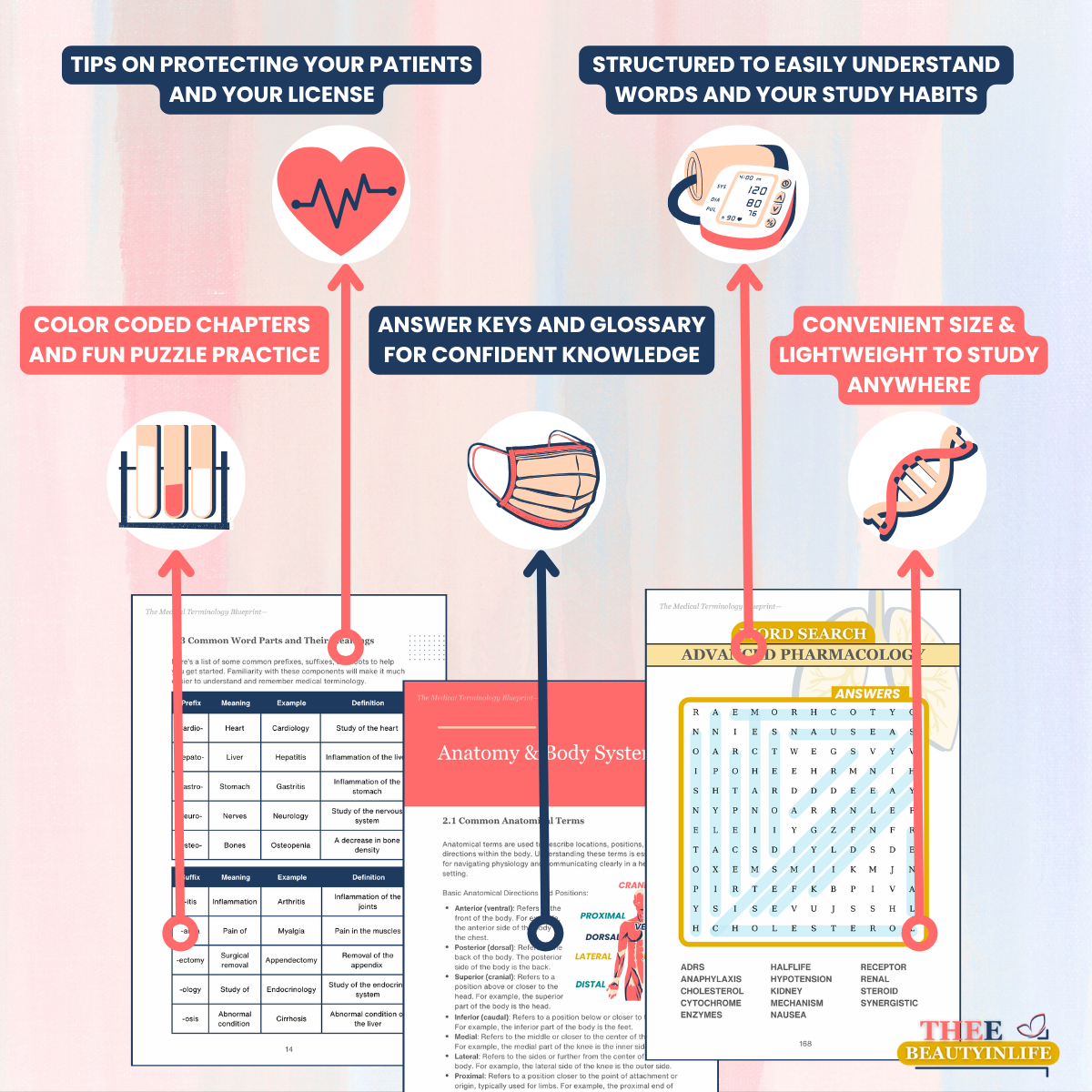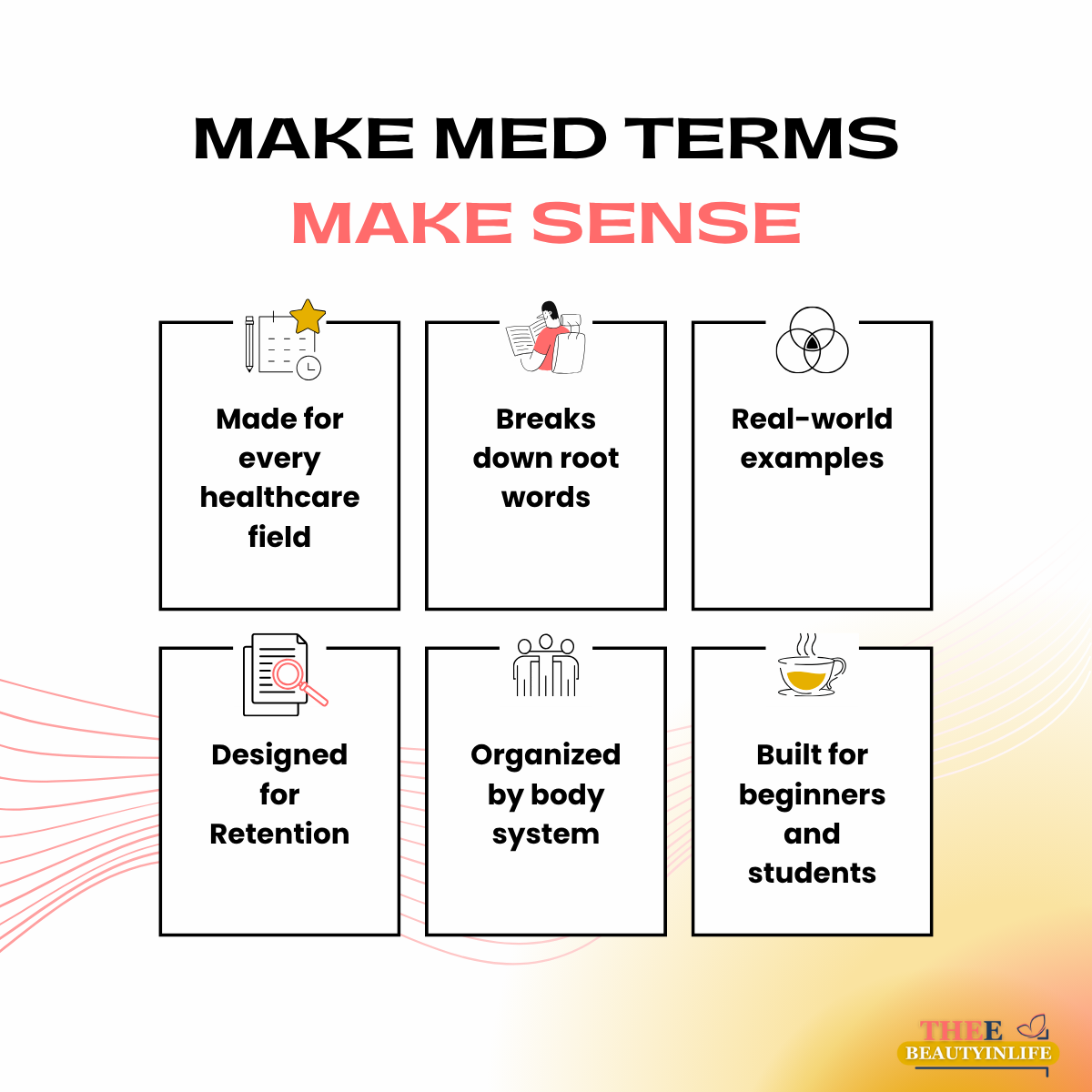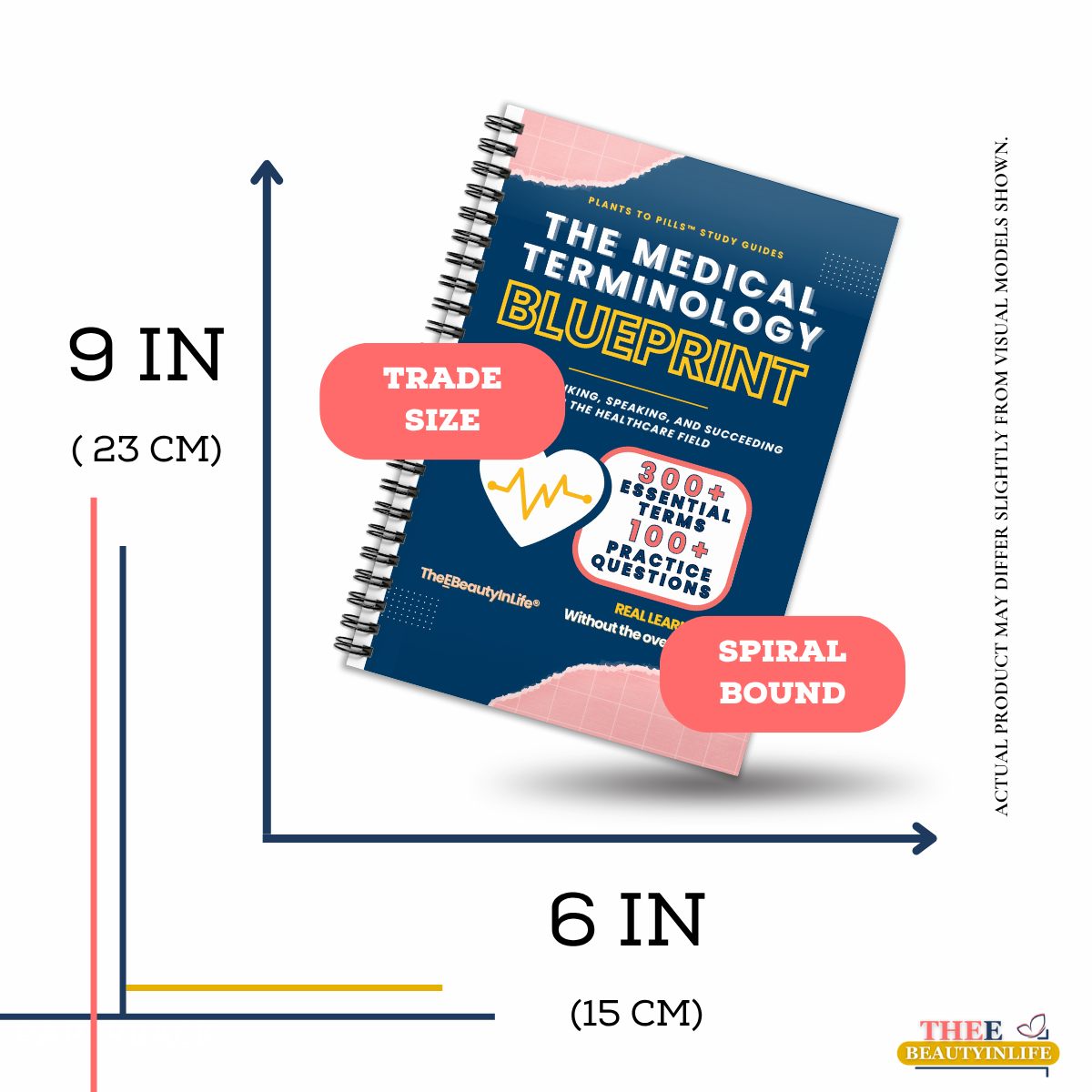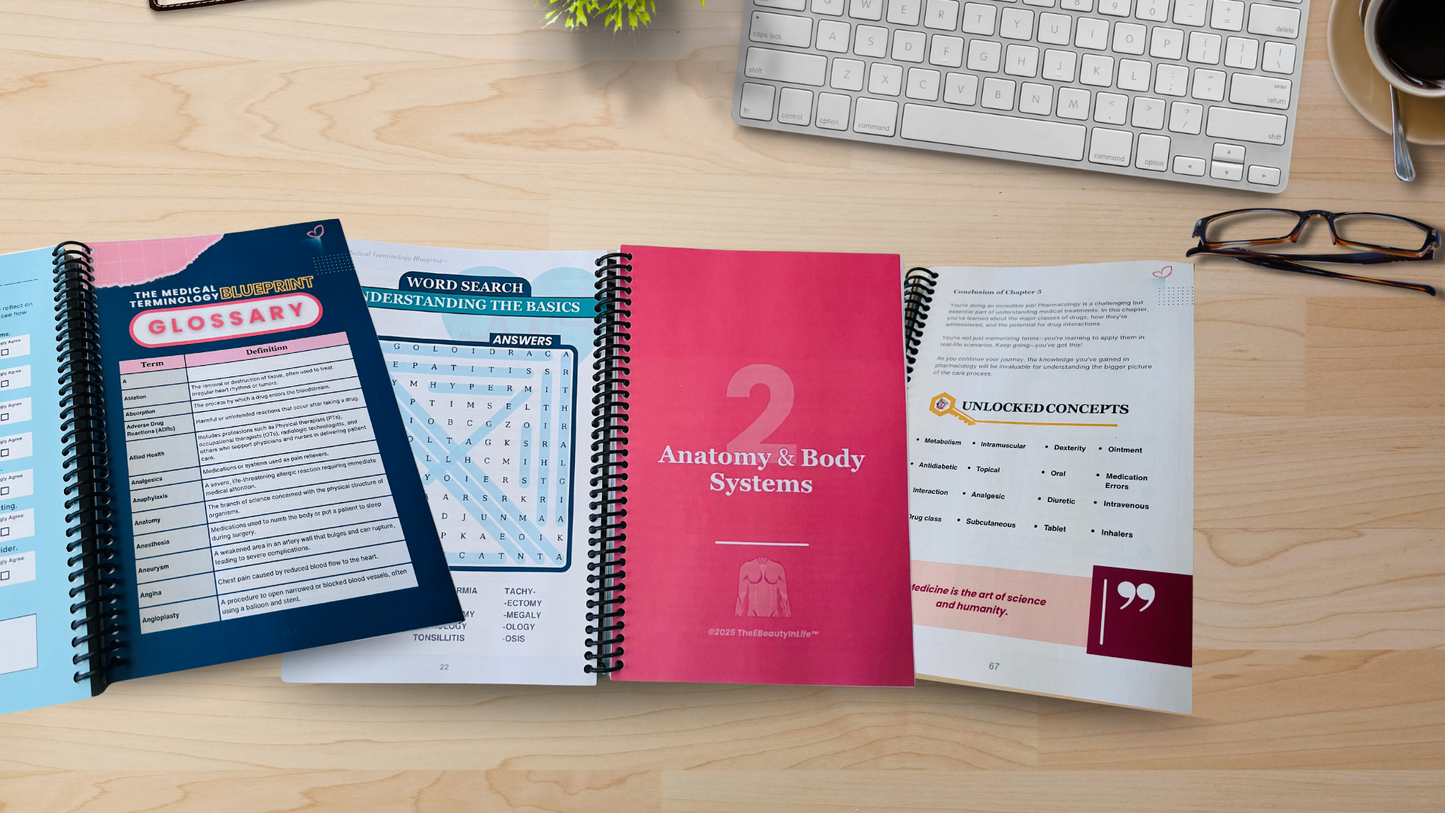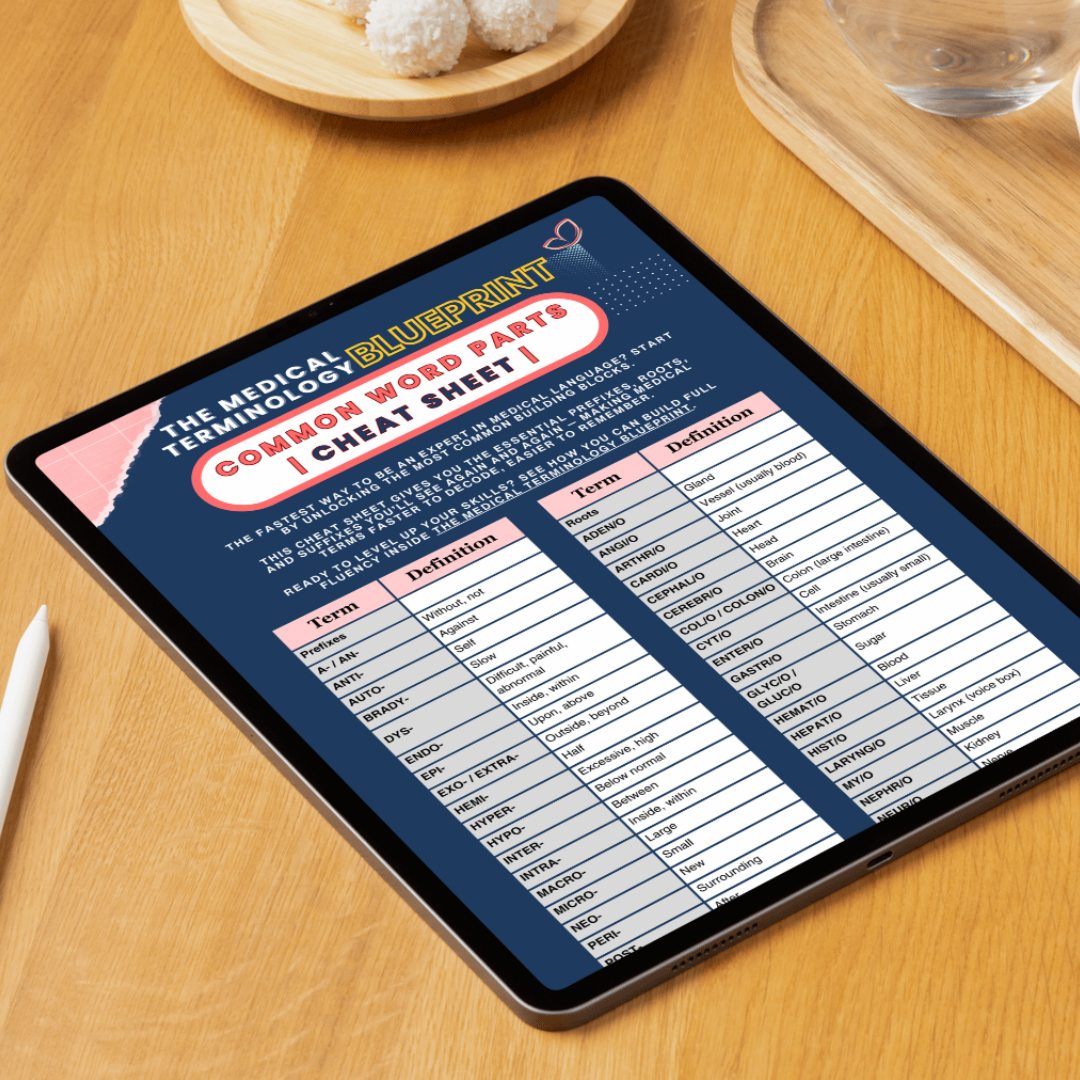
Why Overthinkers Make Great Healthcare Professionals
Share
Why Overthinkers Make Great Healthcare Professionals
If you’re reading this, you probably consider yourself an overthinker. You might find yourself trapped in endless loops of thoughts or meticulously going over every detail of a situation. Lucky for you, this very trait could be your secret weapon in the healthcare field!
Embarking on a career in medicine (diagnostics, pharmacy, nursing, or otherwise) will expose you to rigorous exams, stressful rounds, and countless hours of study that can make your head spin. However, deep critical thinking and assessment of every angle sets you apart and prepares you for the complex world of healthcare.

Why Details Matter in Patient Care
When it comes to patient care, being detail-oriented is an essential skill. Overthinkers are naturally inclined to notice the small details, ensuring nothing slips through the cracks. In healthcare settings, the tiniest oversight can cause a lot of harm, so this attention to detail can literally save lives.
Noticing changes in vital signs, lab results, or a patient’s expression can lead to early detection of a serious condition. This can move you to action faster, and limit damage from events like heart attacks and strokes.
Analytical Thinking and Problem-Solving As Skills in Healthcare
As you gain experience, you may be faced with complex problems that need quick answers. Overthinkers think through scenarios and predict outcomes to those scenarios. This is the base of diagnosis and treatment planning.
Healthcare teams brainstorm through challenging cases where symptoms aren’t always clear-cut. The overthinker may suggest an uncommon test that most wouldn't consider at first glance. These skills are needed for quick diagnosis and faster patient recovery.
Communication and Empathy in Healthcare Teams
Another strength that overthinkers bring to the table is their exceptional ability to communicate and empathize with both colleagues and patients. Overthinkers often find themselves thinking out the consequences of every word and action—which, in healthcare, fosters stronger, more empathetic communication.
In a situation where a physician needs to deliver bad news to a patient, an overthinker carefully chooses their words. They show understanding and create space for the patient to process the information while feeling supported. This kind of communication not only builds trust and enhances the patient experience.
Key Takeaway
Overthinking can sometimes seem like a never-ending cycle of doubt and anxiety, but in the world of healthcare, it can be your greatest strength. Think about how this trait (and all the others) can be used as a tool for good, and don't shy away from learning and growing alongside it.
Need a study guide to help you think things through to completion?
The Medical Terminology Blueprint was created to develop a learner’s mindset, clinical judgement strategy, and in demand skills for the healthcare field. It’s got common terms and tips for beginner medical students to build an efficient and balanced knowledge foundation.
If you’re just getting started—or starting over—it’s a resource worth looking into.
Want more tips like this?
Stick around—new posts are upcoming. You can also join the list to get helpful strategies (and a free cheat sheet) delivered straight to your inbox.






